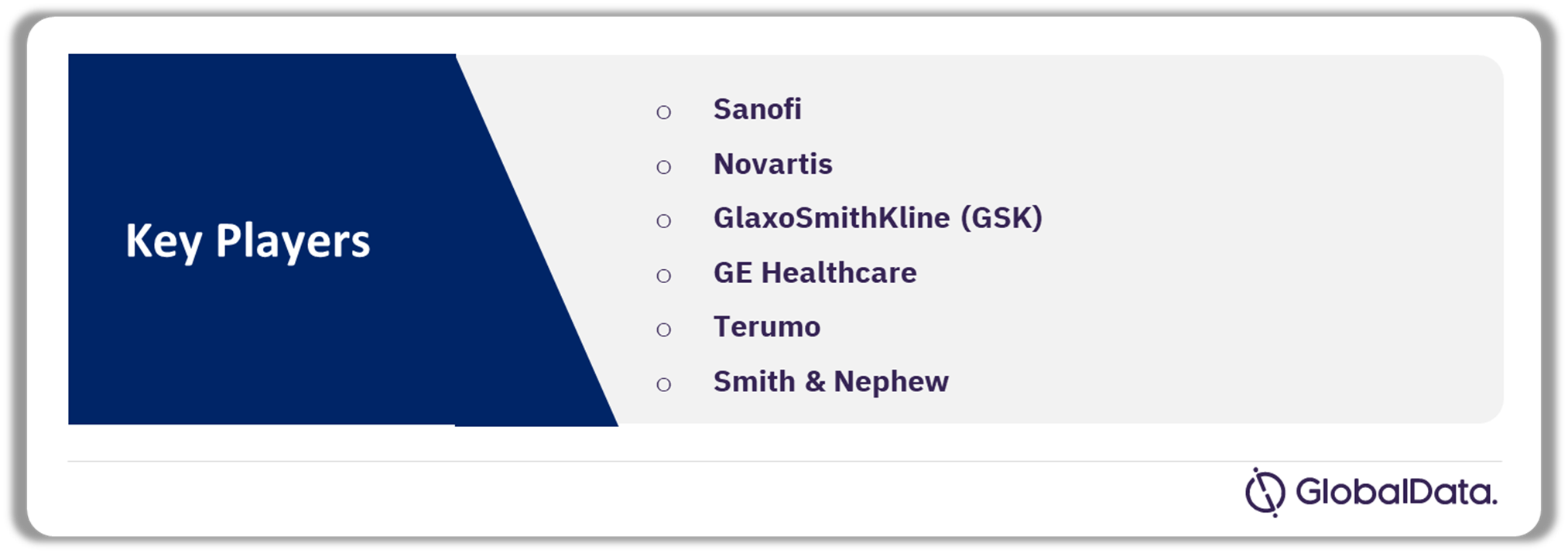The Indonesia healthcare market sector has witnessed significant transformations in recent years, driven by policy reforms, increased public health spending, and the rapid adoption of health technology. Understanding the regulatory and reimbursement framework is crucial for companies seeking to enter or expand within Indonesia’s healthcare market.

Buy the Full Report to Know More About Major Players, Download A Free Report Sample
1. Regulatory Landscape in Indonesia
Indonesia’s healthcare system is governed by multiple regulatory bodies, with the Ministry of Health (Kementerian Kesehatan) playing a central role. It oversees the approval and regulation of pharmaceuticals and medical devices. The National Agency of Drug and Food Control (BPOM) is responsible for ensuring that drugs and medical devices meet safety, efficacy, and quality standards before they enter the market.
Key regulations include:
- Pharmaceutical Market Authorization: Pharmaceutical products must undergo strict approval processes, including pre-marketing clinical trials. The market approval process is detailed, with clear guidelines for local and imported drugs.
- Medical Device Approval: Medical devices in Indonesia are classified based on risk levels, and the approval process involves a thorough review of their safety and efficacy.
- Advertising and Labeling: Indonesia has stringent rules governing the advertisement of pharmaceuticals and medical devices, ensuring that marketing is ethical and not misleading. All products must comply with the labeling and packaging standards set by the government.
2. Reimbursement Systems in Indonesia
Indonesia has made strides toward achieving universal healthcare coverage through its National Health Insurance System (Jaminan Kesehatan Nasional - JKN), administered by BPJS Kesehatan. This system covers a large portion of the population and aims to make healthcare services more accessible and affordable.
- Public Insurance: The public healthcare system provides coverage for essential medical services. BPJS Kesehatan is the primary insurer for public health services, and the scheme is funded through contributions from both employers and employees.
- Private Insurance: Despite the comprehensive public system, private health insurance is also prevalent, especially among the middle and upper-income groups. Private insurers offer coverage for services not fully covered by BPJS Kesehatan, such as more advanced medical procedures and treatments.
Indonesia’s reimbursement system is complex, with varying levels of coverage depending on the type of healthcare service and whether the patient is covered under public or private insurance.
3. Healthtech and Digital Healthcare Regulations
The integration of technology into Indonesia’s healthcare sector has accelerated, particularly in response to the COVID-19 pandemic. Digital health platforms, telemedicine services, and electronic health records have gained traction as part of the country’s Digital Health Transformation Strategy. However, this has also necessitated the establishment of robust regulations to ensure patient data security and the ethical use of health technologies.
Key developments include:
- Telemedicine Regulations: Telemedicine has become an essential part of healthcare delivery in Indonesia, especially in rural areas where access to healthcare facilities is limited. The government has introduced regulations to ensure the quality of telemedicine services and protect patient data.
- Healthtech Start-ups: The rise of health technology companies, particularly those focusing on telehealth, diagnostics, and remote patient monitoring, is reshaping the healthcare landscape in Indonesia. These companies are subject to specific regulations related to data privacy, product approvals, and clinical trials.








